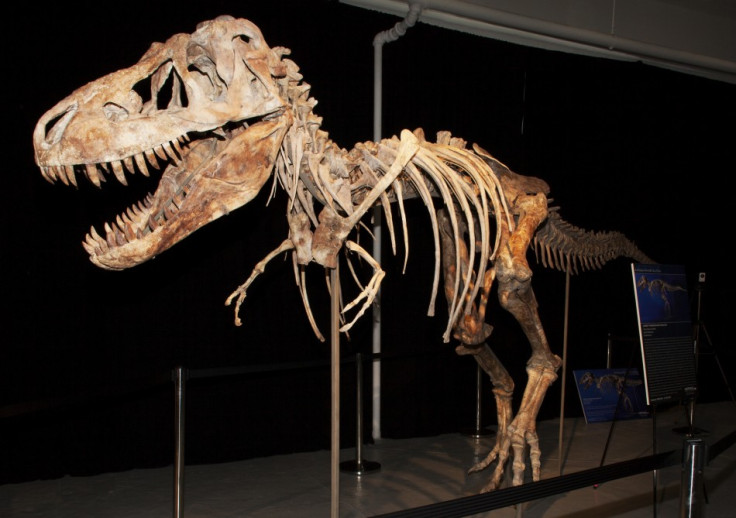New Species of Meat-Eating Dinosaur Discovered in China

Fossil remains from a remote part of the Chinese territory of Xinjiang have been identified as a new species of small theropod, or meat-eating dinosaur. The discovery was made in 2006 by James Clark, a professor of biology, and his team of researchers.
"All that was exposed on the surface was a bit of the leg. We were pleasantly surprised to find a skull buried in the rock too," Dr Clark said in the University's press release, explaining how he and his team recovered skeletal remains of the dinosaur.
The length of the dinosaur is estimated to have been one metre (or just over three feet), while it may have weighed about three pounds, the release added.
Researchers have named the dinosaur Aorun zhaoi, after the Dragon King in the Chinese epic Journey to the West.
"We were able to look at microscopic details of Aorun's bones and they showed that the animal was less than a year old when it died on the banks of a stream," said Dr Jonah Choiniere, a senior researcher at the Evolutionary Studies Institute at the University of the Witwatersrand in South Africa, who was with Dr Clark at the time of the discovery.
According to the researchers the dinosaur lived during the Late Jurassic Period, about 161 million years ago.
The remains of the extinct animal suggest it had numerous small teeth and that it fed on animals like lizards and other small relatives of today's mammals and crocodilians.
Aorun is the fifth theropod discovered at the Wucaiwan locality in China by the research team.
The research paper was published in the Journal of Systematic Palaeontology.
© Copyright IBTimes 2025. All rights reserved.





















